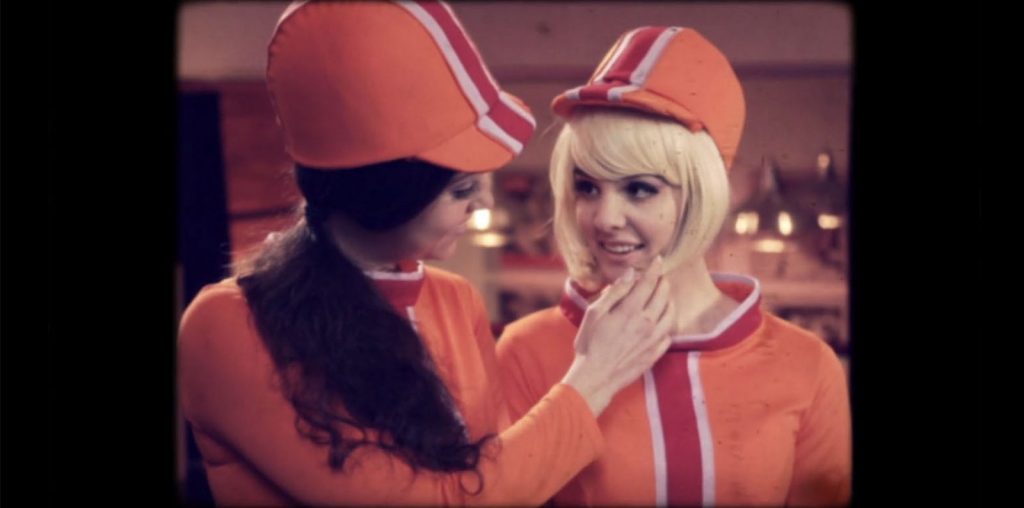
Sporting a raw, in-your-face style, “Pizza, Beer and Smokes” (1998) meditates on Buenos Aires’ inevitable and fatalistic draw to a life of crime. While many American antiheros come-of-age in financial comfort, Argentinean youth bear witness to the streets in “Pizza, Beer and Smokes,” where the former group wouldn’t make it safe for one block much less support a narrative. Writer/directors Adrian Caetano and Bruno Stagnaro are so concerned with portraying Buenos Aires realistically that we’re sold in the opening minutes. But even with a solid approach to documenting crime, “Pizza’s” verdict is far too familiar.
While it created a stir in Argentina upon its release, “Pizza” concerns a gang of misled youths heading toward the usual fate. The gang includes El Cordobés (the late Héctor Anglada), an evasive youth who shows no moral conscience, and whose pregnant girlfriend, Sandra (Pamela Jordán), demands that he abandon his lifestyle. After committing a string of crimes with his posse – from pick-pocketing the unfortunates in an unemployment line, to robbing taxi passengers with a cabbie’s assistance – El Cordobés agrees to Sandra’s ultimatum toward a better life. But, of course, he must pull off one last heist, and there’s no need to guess where it will lead.
In between robberies, the kids linger for what could have been insightful moments. Instead, the filmmakers depict stagnation as El Cordobés and company wait for the next hit, with the comfort of the title’s consumables and not much more for the viewer. While Sandra’s plan for herself, El Cordobés, and her unborn child strives for a narrative thread, it plays more like a subplot to the gang’s episodic crime spree.
A cross between Larry Clark’s “Kids” (1995) and Hector Babenco’s “Pixote” (1981), “Pizza” inherits too much from the former film. Clark chose to meditate on the moral conscience (i.e., lack thereof) of his young characters, to the point that their amorality becomes the film’s simplistic focus, and “Pizza” hits a similar pitfall. However, the lost youth of Sao Paulo, Brazil in Babenco’s film transcend their current situation: in the quieter moments, they radiate with desire for something better. Oppressive forces also compel their actions, while Caetano and Stagnaro, aside from capturing Buenos Aires’ gritty atmosphere and some credible performances, just cannot flesh out their characters’ motivations. “Pizza, Beer and Smokes” works as a companion piece to Fernando Meirelles and Kátia Lund’s more stylized (and more redeeming) “City of God” (2002, set in Rio de Janero), but regretfully pales in comparison.
